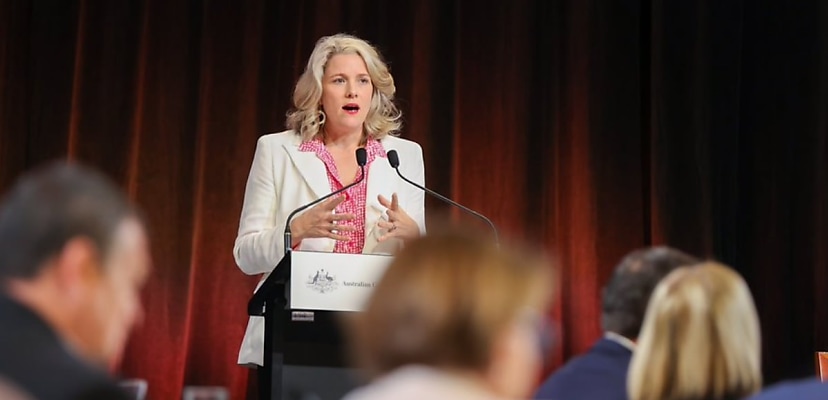Share this article on:
Powered by MOMENTUMMEDIA
Breaking news and updates daily.
Ensuring that individuals and businesses can “prosper” is at the heart of this week’s Australian Cyber Security Strategy, helping organisations to protect themselves from attack while leveraging the opportunities offered by a digital future.

The Australian Cyber Security Strategy, released on 22 November, details an ambitious plan to make Australia the world’s most cyber secure nation by 2030.
To achieve this, the government has identified six cyber “shields” that will form the basis of Australia’s action plan, prioritising the protection of Australian businesses and individuals.
The Commonwealth’s roadmap will be delivered across three phases:
But what does this mean for Australian businesses, and how can they leverage the Australian Cyber Security Strategy to enhance their defences?
The Commonwealth’s Shield 1 outlines that to become the world’s most cyber secure nation, the government must ensure that “every individual and business has the skills and resources they need to be cyber secure”.
To help businesses navigate their cyber security journey, the government has outlined that it will establish a cyber health-check program, offering a free, tailored assessment for Australian small and medium-sized enterprises (SMEs).
Helping businesses overcome the barriers to entry for cyber security, the government explained that “the health-check program will provide educational tools and materials to help small and medium businesses improve their cyber security posture”.
Small businesses can also receive support in the event of an incident via the Small Business Cyber Security Resilience Service. The “one-stop shop” will help businesses improve their resilience prior to an attack and will also provide advice in the event of an incident to expedite a return to business as usual.
The government has also detailed its intention to work with industry to develop a no-fault, no-liability ransomware reporting obligation for businesses, which will improve the government’s understanding of the ransomware threat landscape.
Ensuring simplicity, and reducing complexity, is also a recurring priority in the document.
Initiatives to achieve this include developing a single reporting portal on the government’s cyber security website delivered under Project REDSPICE.
“As a next step, the government will explore options to make it easier for businesses to meet their regulatory obligations, which may include potential regulatory change or form simplification,” the strategy read.
Meanwhile, the government has also pledged to streamline obligations and guidance for businesses.
“As a first step, the government will publish an overview of corporate obligations for critical infrastructure owners and operators,” it stated.
“Next, the government will consider how best to collaborate with industry to design best-practice principles to guide good cyber governance.”

Liam Garman is the managing editor of professional services, real estate and security at Momentum Media. He began his career as a speech writer at New South Wales Parliament before working for world leading campaigns and research agencies in Sydney and Auckland. Throughout his career, Liam has managed and executed international media campaigns spanning politics, business, industrial relations and infrastructure. He’s since shifted his attention to writing on politics and business, and holds a Bachelor of Commerce from the University of Sydney and a Masters from UNSW Canberra with a thesis on postmodernism and media ecology.
Be the first to hear the latest developments in the cyber industry.